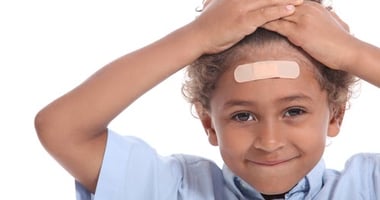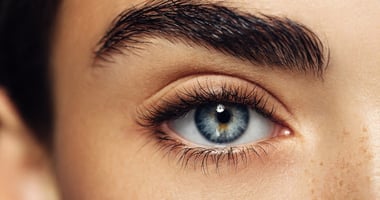If there’s one thing worse than having a concussion, it’s having a previous one. Young people who...
Connection Between Concussion and Depression Said to Need Close Attention
 |
They based their study on data from 36,060 adolescents aged 12 to 17, as part of the National Survey of Children’s Health 2007-2008. The increased risk may be due to reasons other than direct causation, said the authors. A concussion may lead to an unscheduled visit to the doctor, which in turn provides an opportunity to diagnose depression. Or the association may result from diagnostic confusion, given that some symptoms of concussion and depression overlap. Perhaps even the treatment for concussion—reduced physical and cognitive activity—may lead to depression, speculated Chrisman and Richardson. More research is needed to clarify the association between concussion and depression, they said. Nevertheless, they concluded, “[c]linicians caring for youth with concussion should be aware of this association and should screen youth for depressive symptoms.”
To read more about the connection between concussion and psychiatric disorders, see the Psychiatric News article “Traumatic Brain Injury: Why Psychiatrists Matter.” Additional information on this topic can be found in the American Psychiatric Press book, Management of Adults With Traumatic Brain Injury.
(Image: Jan Kranendonk/Shutterstock.com)





